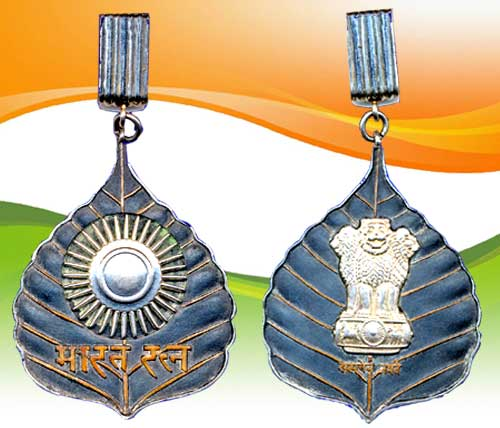





Disclaimer: Copyright infringement not intended.
Context
Bharat Ratna: India's Highest Civilian Award
Establishment:
Criteria for Award:
Notable Features:
Selection Process:
Symbol and Privileges:
Controversies and Discussions:
Prominent Recipients:
Conclusion:
|
PRACTICE QUESTION Q. Which of the following statements regarding the Bharat Ratna, India's highest civilian award, is/are correct? 1.The Bharat Ratna was first instituted in 1954 and awarded to C. Rajagopalachari, C.V. Raman, and Sarvepalli Radhakrishnan. 2.The award can only be conferred during a person’s lifetime. 3.Recipients of the Bharat Ratna receive a formal title, along with a medal, certificate, and a cash award. 4.The selection process involves recommendations by the President of India, and the final decision is made by a screening committee. Select the correct answer using the code below: A) 1 only B) 1 and 2 only C) 1 and 3 only D) 1, 2, and 4 only Answer: A) 1 only Explanation:
Therefore, option A is the correct answer as only statement 1 is accurate. |






© 2025 iasgyan. All right reserved